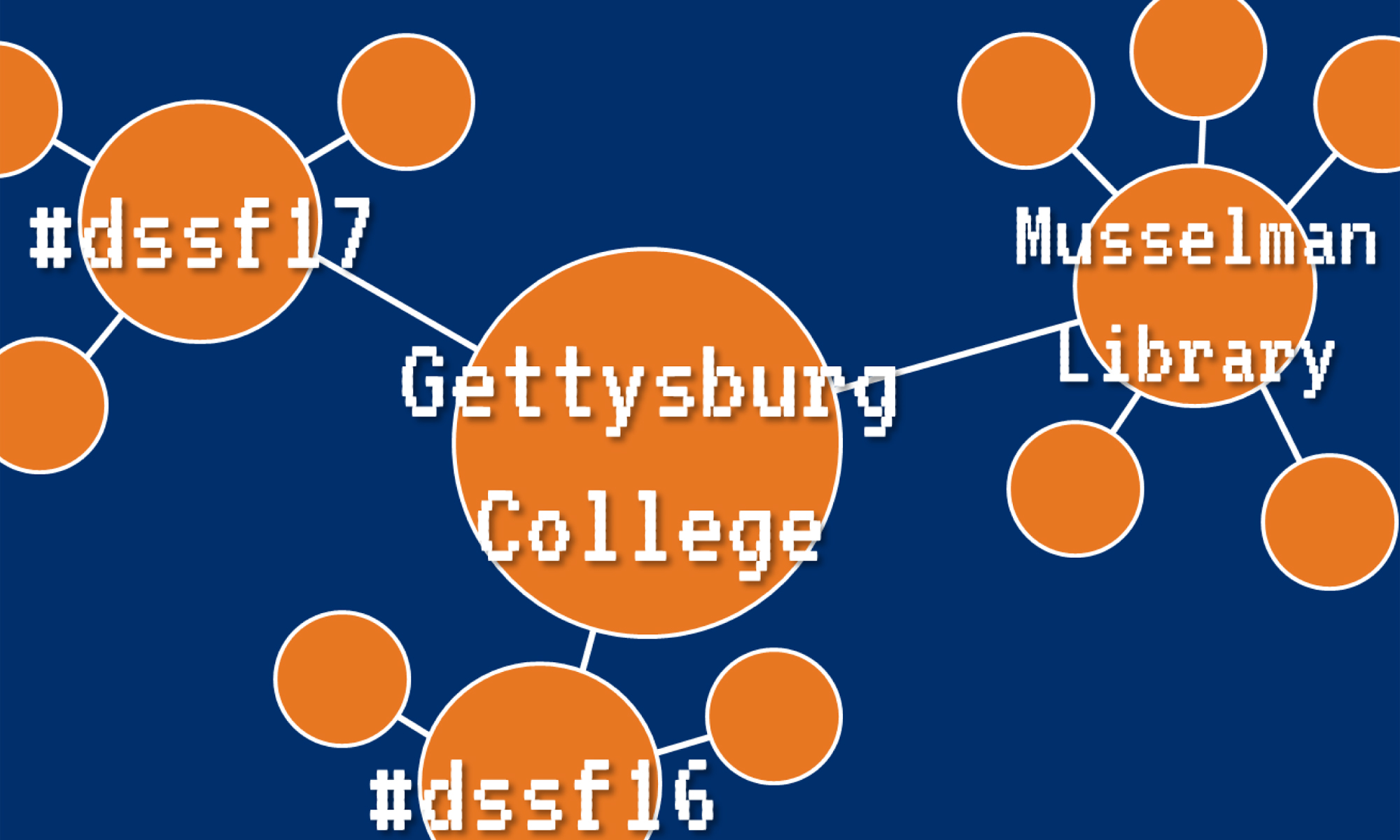Reading “Reflections on a Movement” by Moya Bailey, Anne Cong-Huyen, Alexis Lothian, and Amanda Phillips brings different aspects of DH to light. DH as a field encompass much, but it cannot encompass everything, and less visible issues tend to be pushed to the side. To combat this, according to the authors, #transformDH was born. It was used to bring issues pushed aside into the light and critically look at how DH is being used. The article itself can explain all this better than I can summarize here, so I suggest you read it for yourself.
In guiding my own project, the quote that most stand out to me is as follows:
“We should shift the focus of digital humanities from technical processes to political ones, and always seek to understand the social, intellectual, economic, political, and personal impact of our digital practices as we develop them.”
I know that technology is a big feature of this fellowship. In creating any DH, it is digital literacy is a required skill. However, technology is not the only part of a digital project. This quote encompasses that idea for me. In doing DH, I want to create a project not to simply be online and “with the times”, but to reach people on their terms.
My project can be transformative by giving space for stories not otherwise heard. Gettysburg has a history beyond the Civil War, one that is told in places but overlooked in others. I have focused my energy on interpretation to bring these histories to people while using digital platforms to do so effectively. To make my project more transformative, I can make a place in it for discussion and give ways to contact me if there are any more overlooked stories that need recognition. While my project is historical, it does not have to be backwards looking. The past can be used to shape the future.
This program is a perfect place to do so. The program is not one where authorities dictate why things like DH matter, but one where conversation and critical analysis are encouraged. When I look at digital tools and projects now, I am looking for ways they can be improved, what biases they show, and what impact they may have. That is the strength of this program. While DH can give spaces and voices to people otherwise silenced, the DSSF program allows the fellows to talk freely (and sometimes cynically) of the nature of DH itself. Since this the first program dedicated to DH I have participated in, I have nothing to compare it to. However, because of the perspective given by this program, I’m sure as I grow as a Digital Scholar I will be able to offer a more exhaustive analysis. All in all, the program has a great basis for transformative DH because it opens discussion and challenges of the norm.
As a bookend to this, I want to return to the idea of DH and what it means. What exactly are we transforming? As this program has gone on, I’ve come to the conclusion that DH cannot be defined by platforms or programs, only by projects. The content is what truly makes something DH. Narrowing the definition only serves to marginalize people in a field that prides itself on inclusivity. The definition does not have to be set in stone and exclusive, especially not when DH always has the potential to evolve.

Love your point about projects and content. I would push even a bit further, that projects don’t define DH, but the connections made inside the projects do … that there are smaller components of projects, that is, “nodes,” that are held together by your research question, your common themes, and these are what drive DH.